
Modern playgrounds and outdoor play areas should offer more than opportunities for children to let off energy and steam. They should also stimulate and engage with children of all ages and abilities! Many invisible disabilities, like dyscalculia, can be overlooked through playground designs. Sometimes play areas can exclude children who struggle to understand numbers.
Therefore, which playground toys and staples are ideal for children with dyscalculia? How does it affect children, and how can we help to encourage young people with the condition to play and explore?
What is Dyscalculia?
Dyscalculia is a learning disability that is referred to as an ‘invisible’ disability in the wider scheme. Children with dyscalculia will struggle to learn how numbers and calculations work.
This means that young people with the condition may find it frustrating to take part in maths lessons. Play specific games on the playground might also be challenging.
There are a number of ways in which schools can support children with dyscalculia. Not only are there recommended teaching practices, but there are also playground toys that help to support their understanding.
How Can it Affect Children?
Children can be affected by dyscalculia in many different ways. As dyslexia affects people’s understanding of words, dyscalculia affects people’s understanding of numbers. who may have difficulty processing numbers and figures, as well as simple sums.
- Children with dyscalculia may struggle to easily count the number of objects in a group up to ten at a time.
- These pupils may also struggle to understand basic maths symbols, and how addition and multiplication work.
- Children with dyscalculia may also find it hard to recall numbers, keeping scores, or telling what time it is.
- Dyscalculia can be very frustrating and scary for young children. In a school environment, children face numbers and sums on a daily basis. Many with the condition try to avoid mathematics and numbers altogether. Others may get upset or lash out.
Therefore, it is important for us to identify the needs of children with dyscalculia. Even more important, of course, is ensuring that children have respite from intensive mathematics. This can be provided through gentle, explorative play.
Playground Activities to Help Dyscalculia
There are many brilliant ways to help support children with dyscalculia on the playground. Playground activities to help dyscalculia will ensure that children gain confidence in their abilities to handle numbers. It will also offer them a gentle route towards exploring maths outside of classroom environments.
Here are a few fantastic examples of fun and games children with dyscalculia might enjoy. You can incorporate these into an inclusive playground setting.
Practical Maths Games
Practical maths games take advantage of a child’s innate ability to ‘learn through doing’. A practical maths game will revolve around children working together to solve problems. They can use balls, tubes, counters and buckets, kids can collaborate on exciting, physical maths projects.
Children with dyscalculia may find practical maths games to be an exciting new way to approach numbers. Practical maths can help to instil knowledge of quantity and counting. Many children with dyscalculia struggle with maths in a classroom setting as they are handling figures on a page. In a practical environment, numbers may seem more appealing, and so might maths in general.
Role Play Activities
Role play activities are where children of all ages shine. From a young age, we all have incredible imaginations. Therefore, through role-playing games, children get to explore their creative side, and get the chance to think a little more ‘outside of the box’. There are plenty of role-play systems and toys available. These can all help children to explore mathematics, too.
For example, in pretend kitchens and workshops, children may pretend to collect a specific number of items. They could also mix together a specific amount of mud to make pretend cakes and pies. Working together through role-play, they might also learn to share the load when it comes to measuring and counting. These activities can be very beneficial to all children. In particular, those who lack confidence with numbers in the classroom.
Visual Mathematics
Children largely learn by seeing, as well as doing. Many children with dyscalculia may find visual mathematics very exciting! Instead of having to handle a bunch of boring numbers on a page, they can explore the relationships between numbers. This includes how they work together through new ones, through exciting, visual games.
Perhaps the most popular visual maths game is, of course, hopscotch. It is a playground classic that is painted on the floor of a play area. It has clear numbers that are bright and easy for young children to see. You can also set up bigger number grids with shapes like various creatures and characters, too. There are plenty of ways to incorporate maths games on the playground.
Outdoor Chalk Boards
Outdoor chalk boards might not sound like too much fun. But think about the possibilities children might have with a chalkboard during role play. It’s a great tool for working out simple sums! For example, children playing shops can make note of the prices of food items before asking for payment!
An outdoor chalkboard is another fantastic visual mathematics tool. These can help children with dyscalculia approach numbers and basic sums in a different, more appealing way.
Supporting Children on the Playground
In the modern age, we should be supporting all children on the playground. Exploring and learning doesn’t start and end with the classroom, and this should never be the case! Children with dyscalculia should feel confident and safe to explore numbers and basic maths. They should be able to do this in environments they find appealing and exciting.
Children with dyscalculia must receive support from teachers and playground supervisors. Childhood is a crucial time for developing social confidence, and for developing basic everyday skills. This includes calculating sums and understanding the concepts of quantity. Without these skills, children may grow up struggling to adapt with some of the more stressful aspects of adult life.
Therefore, we must start supporting children on the playground. We can do this with inclusive, inspiring and exciting toys and games!
- 4 Ideas for Teaching Organisation on the Playground
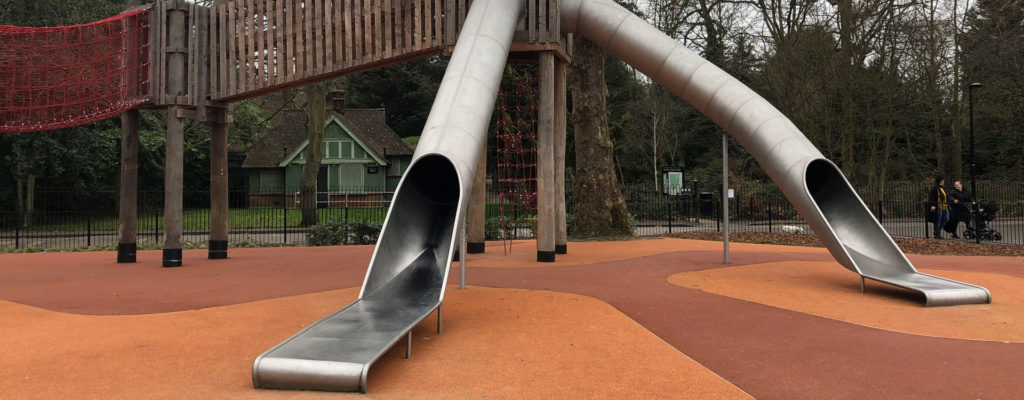
- 4 Reasons Why Schools Have Artificial Grass
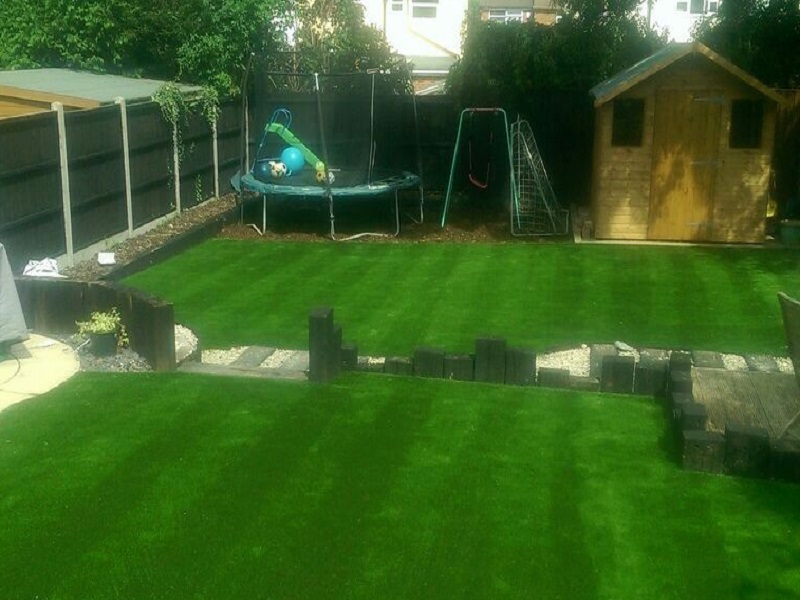
- Activities to Teach Kindness on the Playground
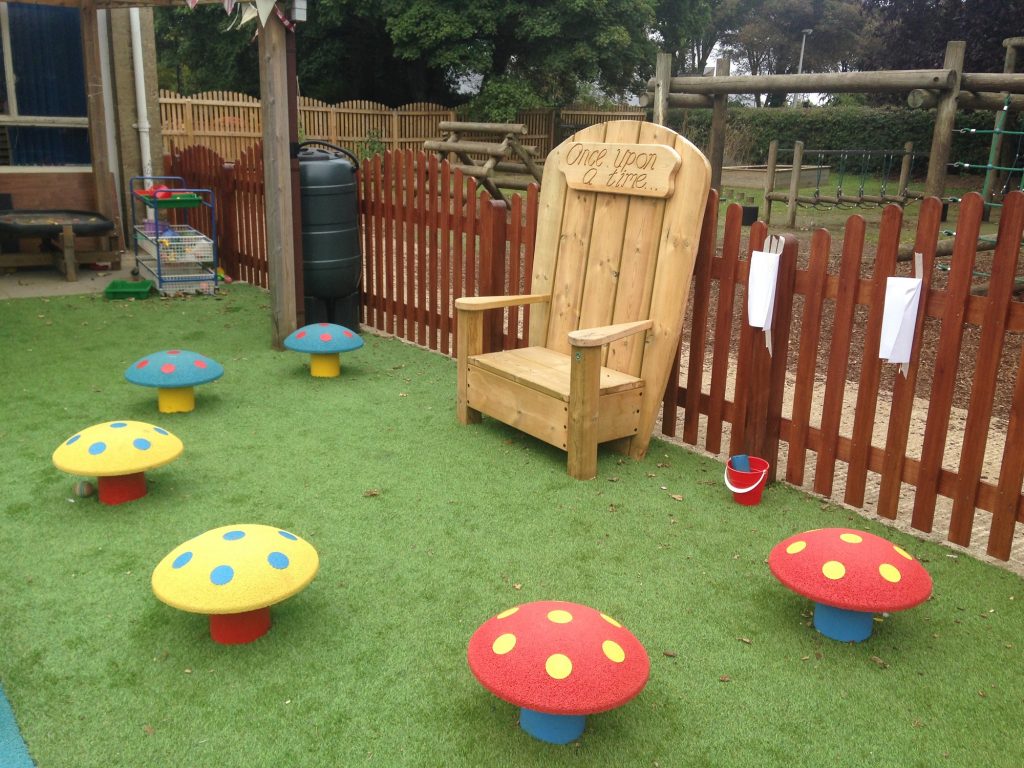
- All Weather Surface Children’s Playground Safety Flooring

- Artificial Grass and Rubber Mulch Surfacing in Derby, Derbyshire
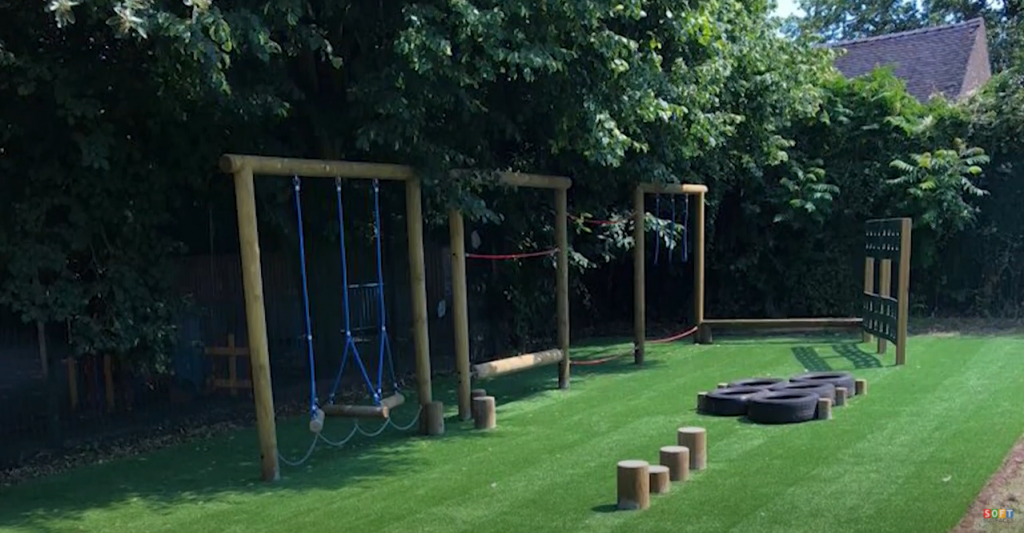
- Artificial Grass and Wetpour Pathway Installation at a School in Birmingham
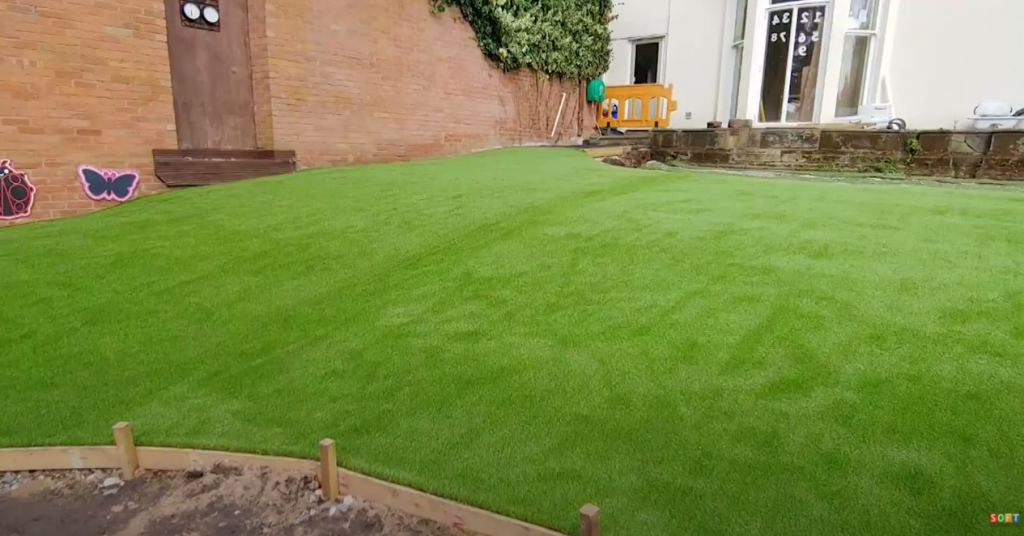
- Artificial Grass and Wetpour Roadway Construction in Liverpool
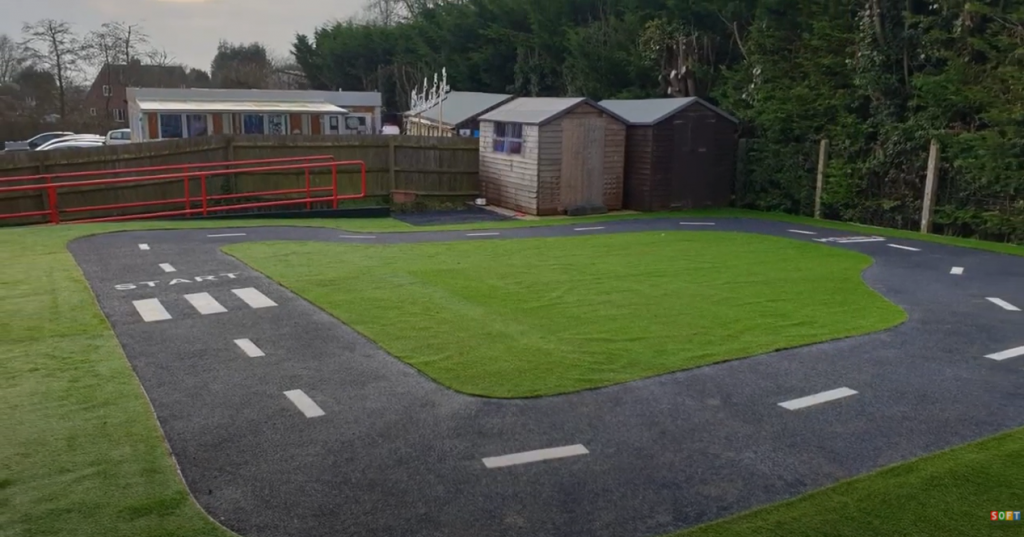
- Benefits of a Mud Kitchen for a School Playground

- Benefits of Climbing in Primary School

- Benefits of Sensory Activities for Individuals With Autism
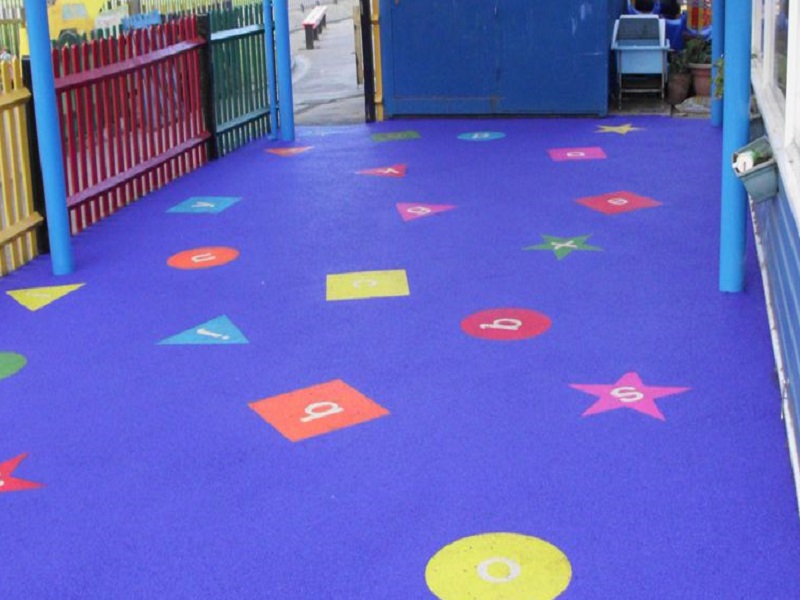
- Bespoke Playground Surfacing With Graphics in Northampton

- Best Playground Equipment for Primary Schools
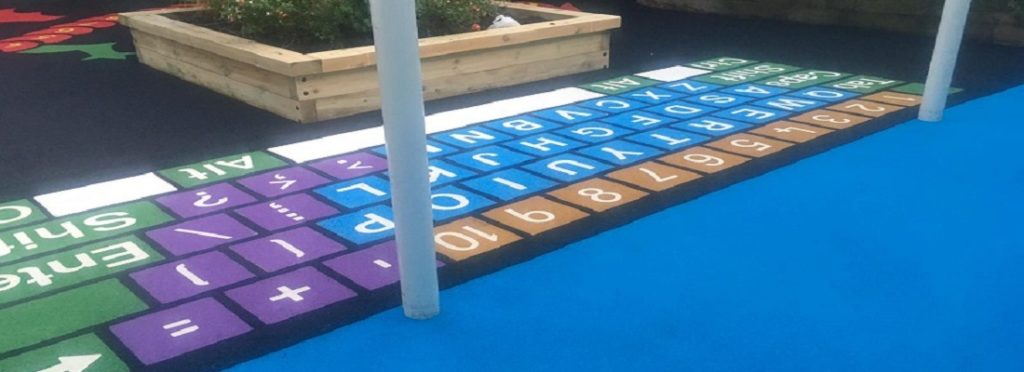
- Black Wetpour & Artificial Turf Construction at a Nursery in Harlow, Essex
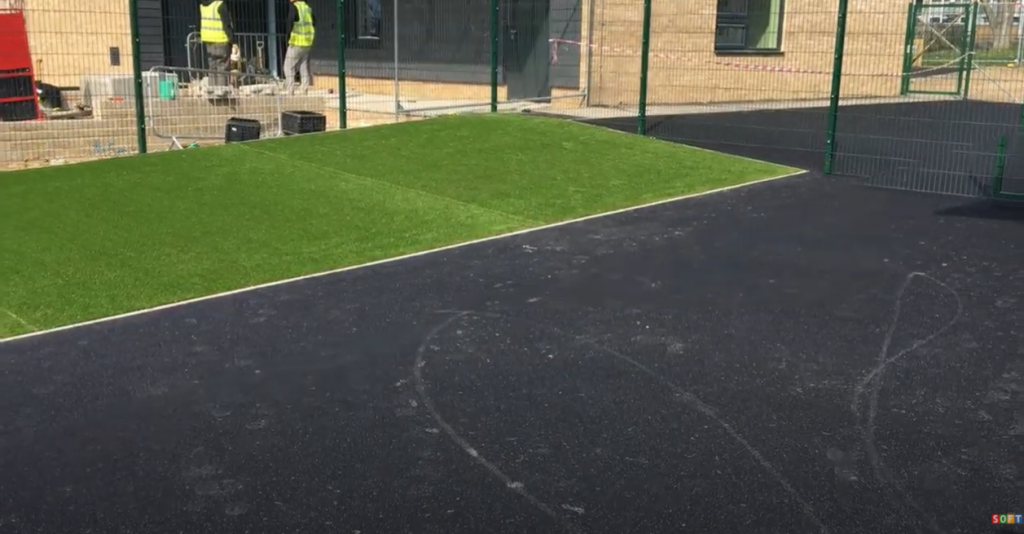
- Black Wetpour Flooring Construction in Canterbury
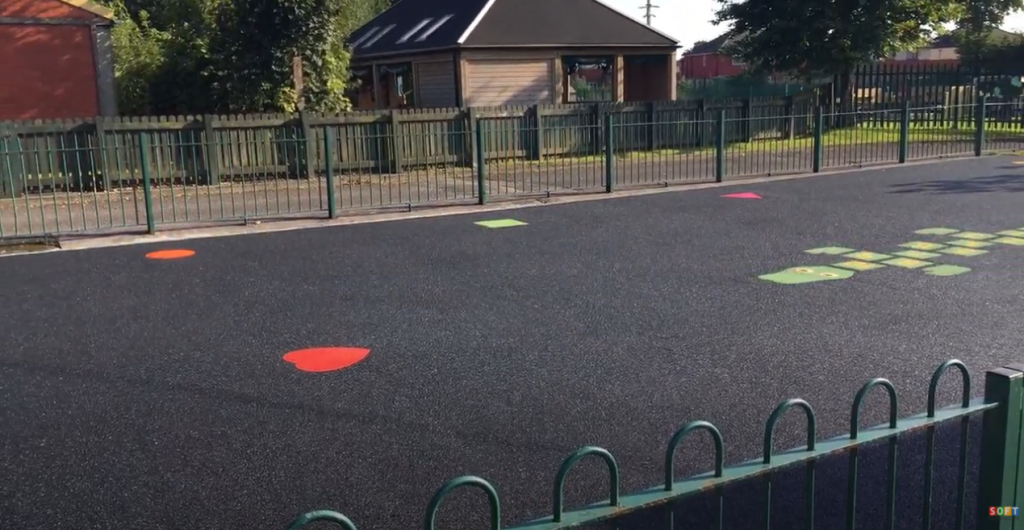
- Children’s Play Area Flooring

- Children’s Sensory Playground Designs
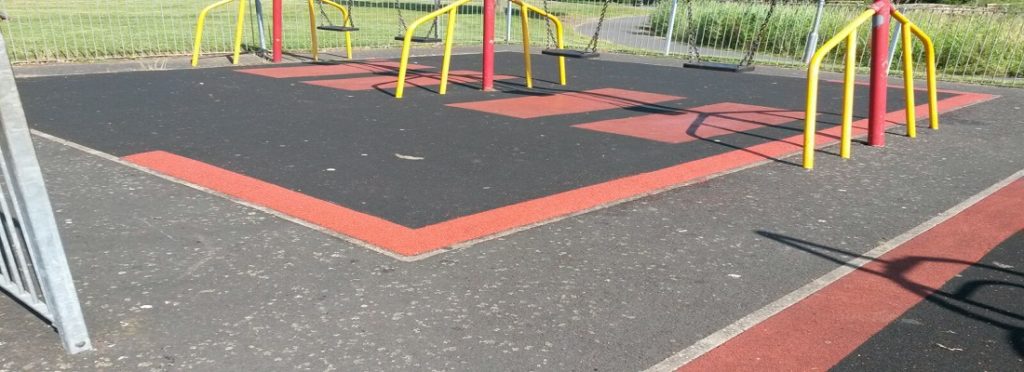
- Colourful Play Area Surfacing in Sheffield, South Yorkshire
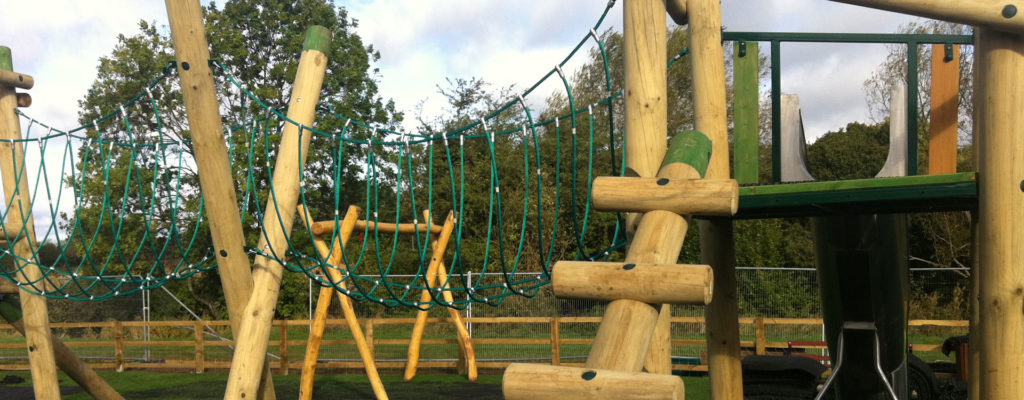
- Colourful Playground Flooring Design in Cardiff, Wales

- Colourful Rubber Playground Flooring in Wakefield, West Yorkshire

- Colourful Rubber Playground Flooring Installation in Wakefield
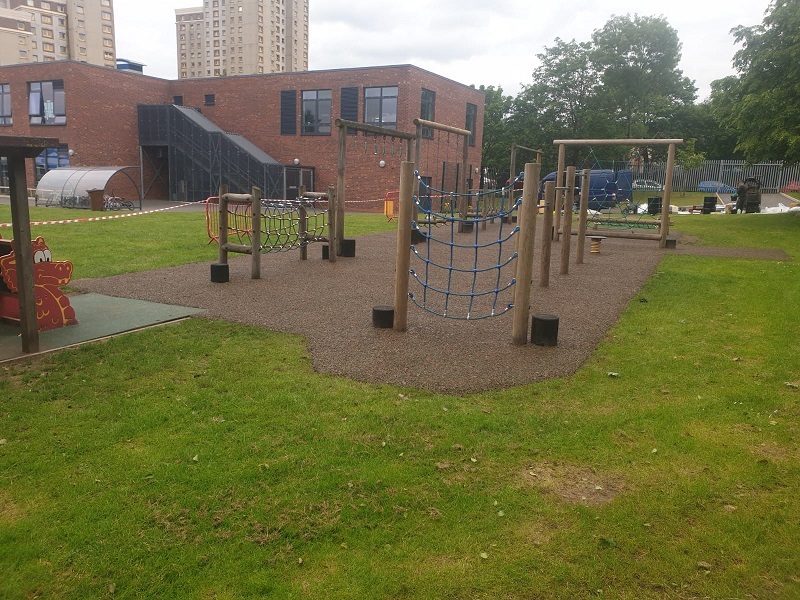
- Colourful UK Playground Surfacing in Bedfordshire
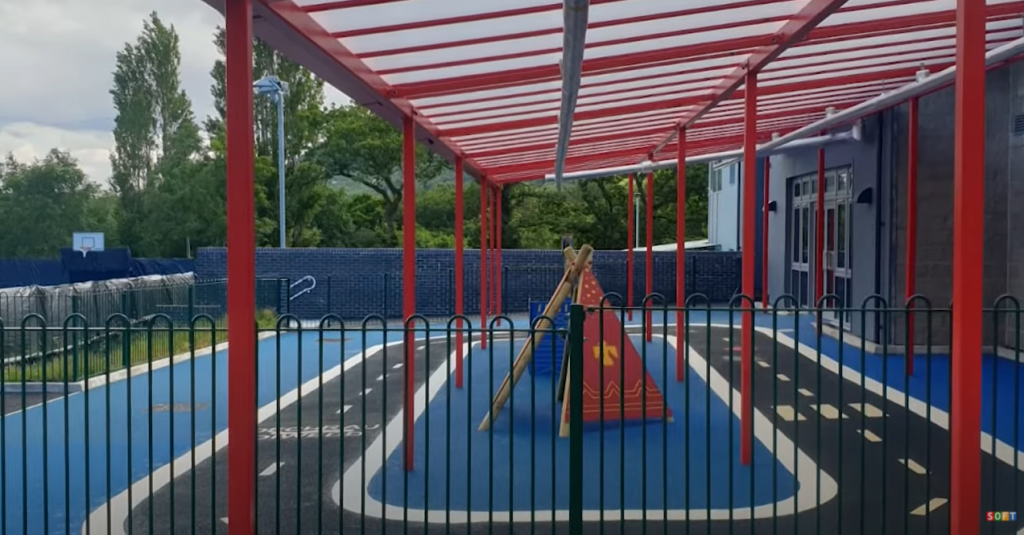
- Cooperative Play Ideas for Kids

- Costs of Schools Playground Safety Surfaces
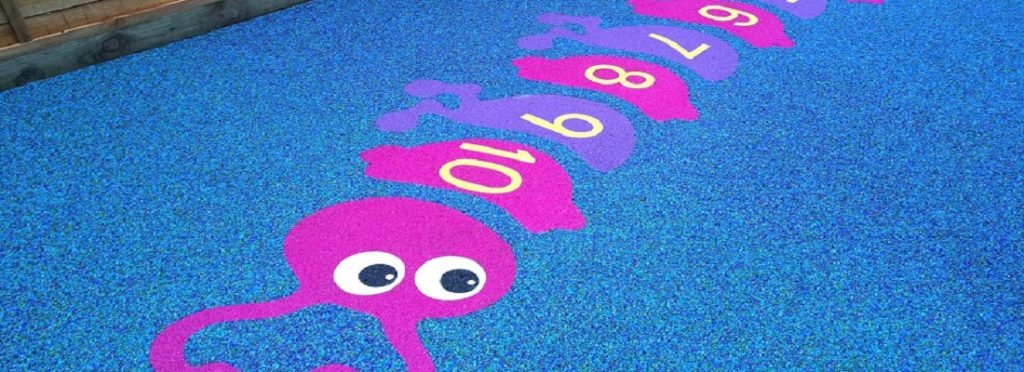
- Creating a Storytelling Area in Your Playground
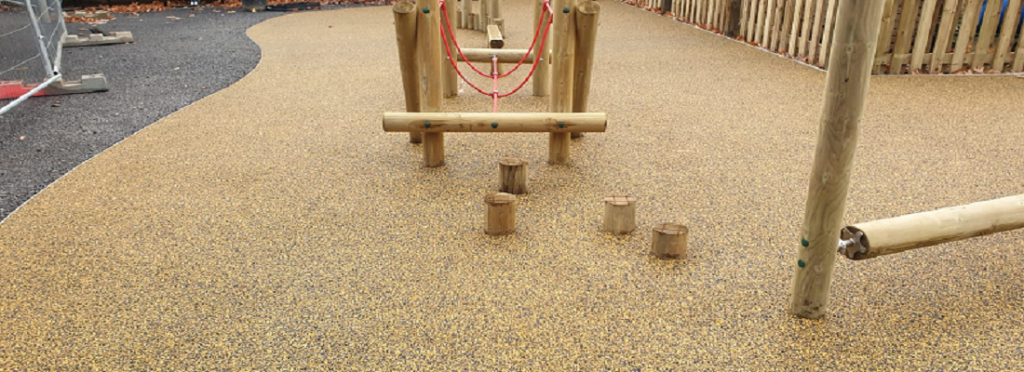
- Day Care Playground Safety Flooring in Stoke, Staffordshire
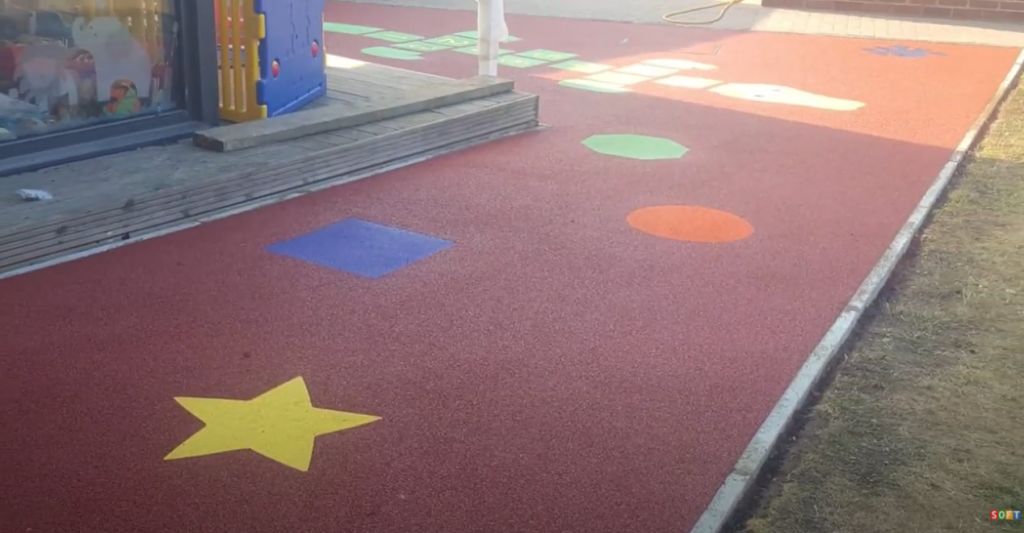
- Den Building Ideas for Schools
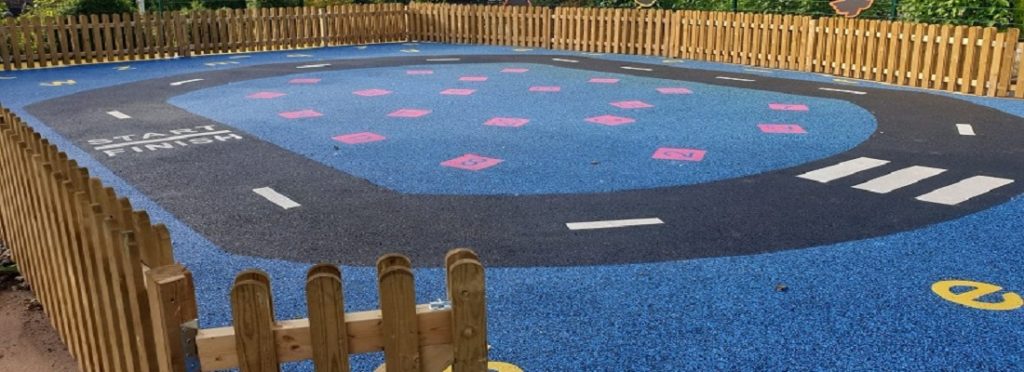
- Early Years Outdoor Play
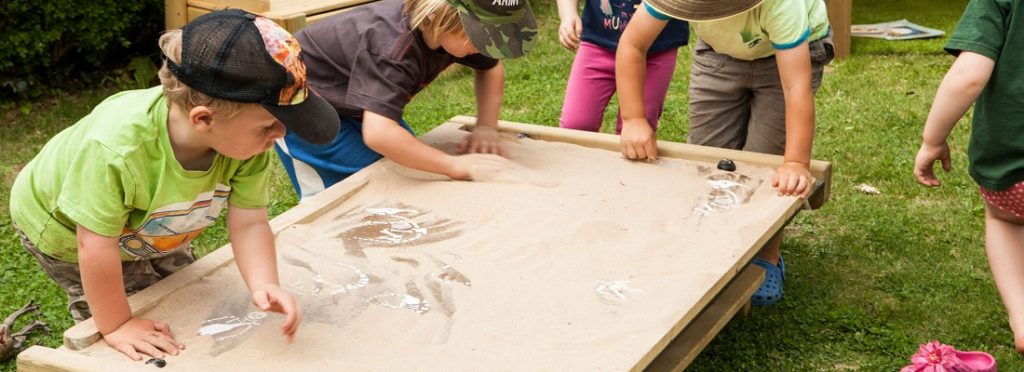
- Educational Play Designs
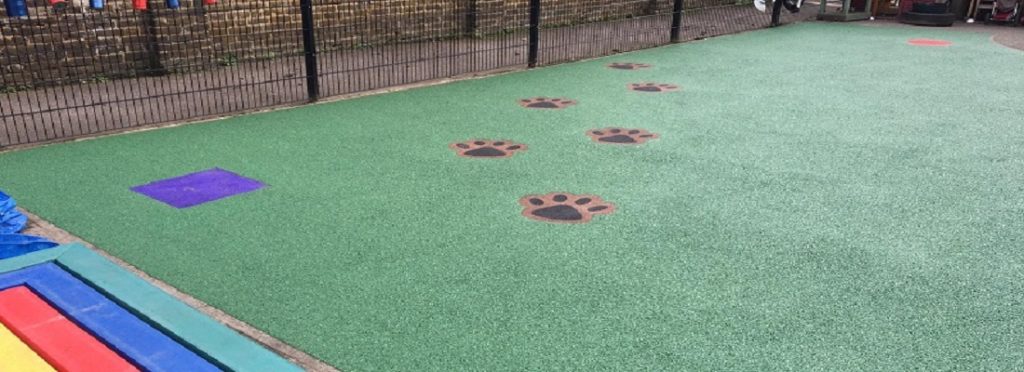
- Educational Playground Surface Installation in Brighton

- Educational Playground Surface Installation in Brighton, East Sussex
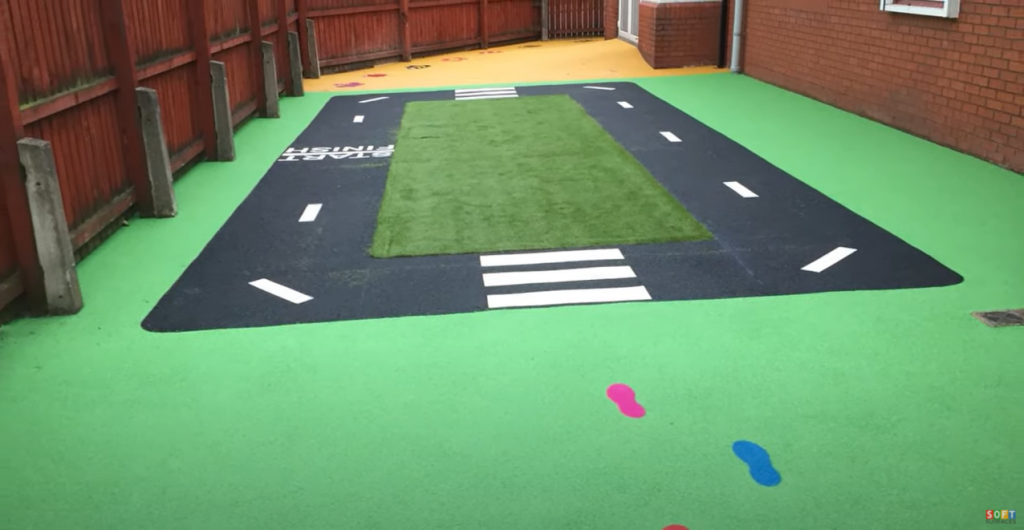
- Encouraging Risk Taking in Outdoor Play
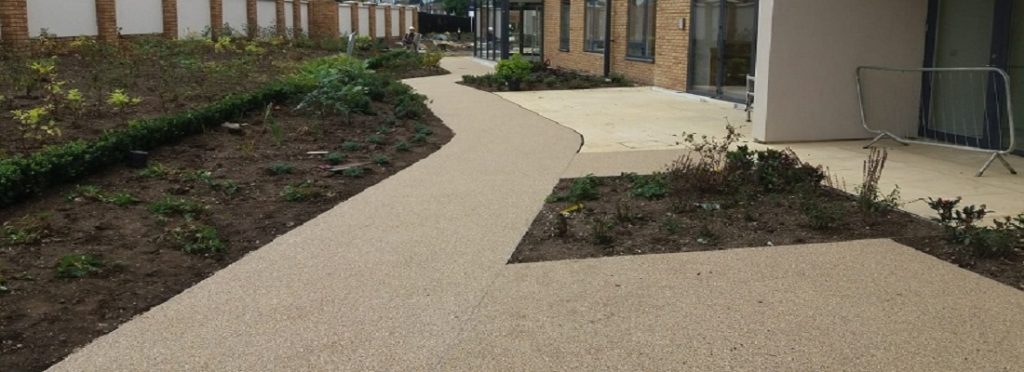
- EPDM Rubber Play Area Flooring in Luton
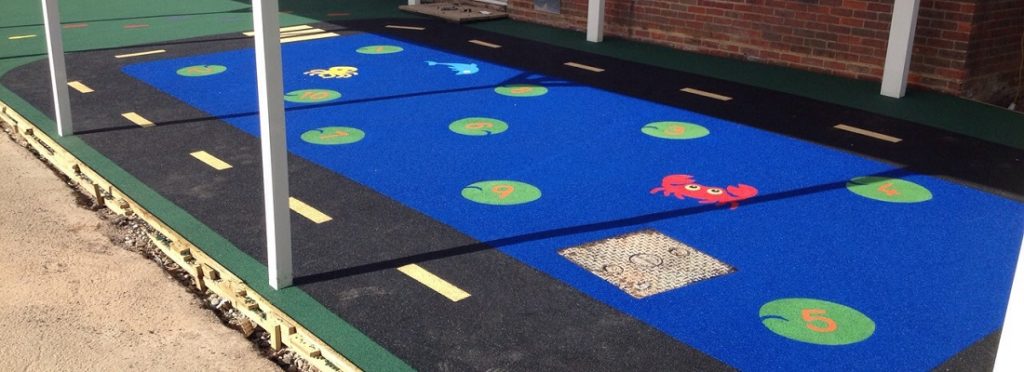
- EPDM Rubber Play Area Flooring in Luton, Bedfordshire
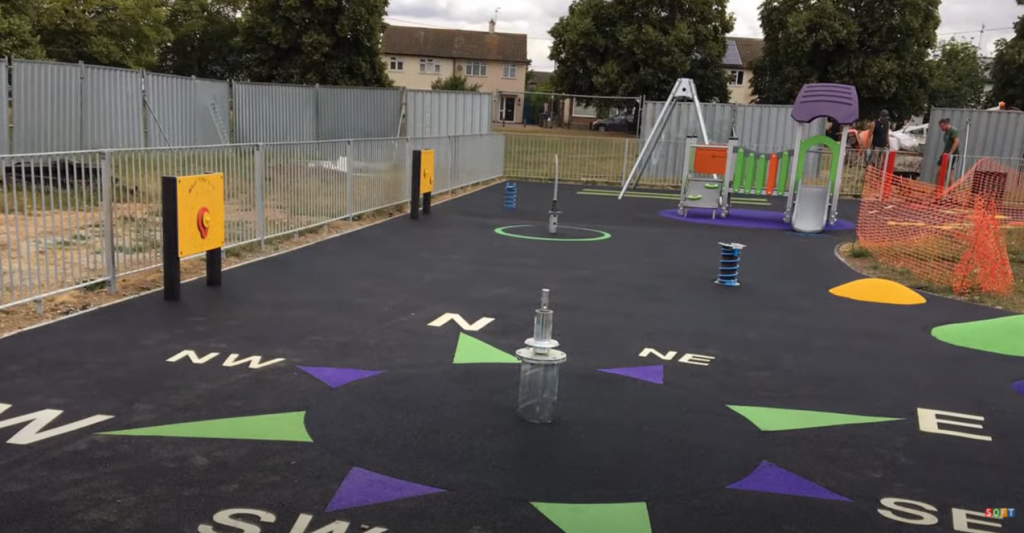
- EPDM Rubber Play Area Surfacing in Leeds, West Yorkshire

- EPDM Rubber Wetpour Flooring in Newcastle, Tyne and Wear
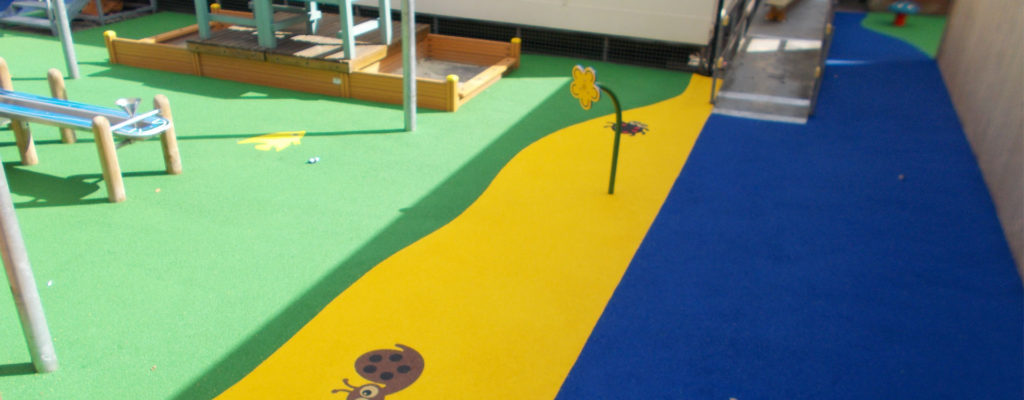
- EPDM/SBR Rubber Surfacing Playground Flooring
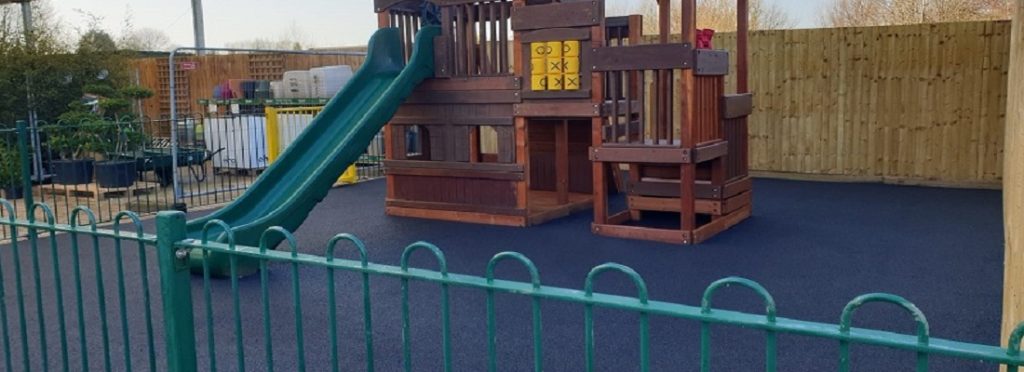
- Expressive Arts Playground Ideas
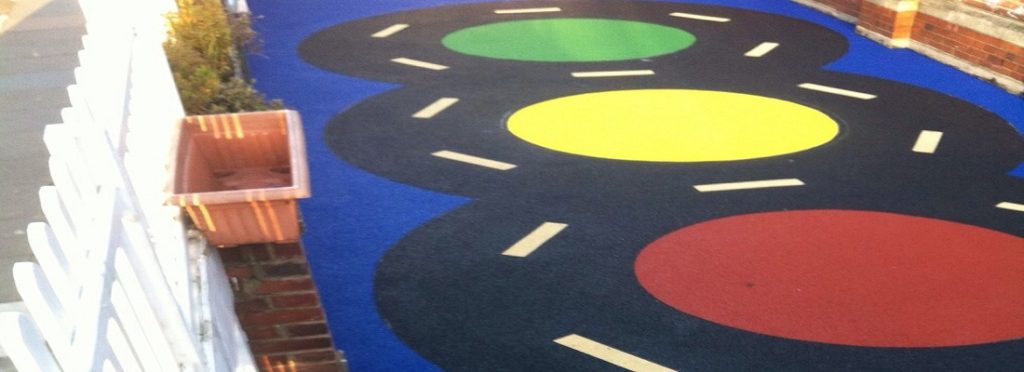
- How Do I Apply for Grant Funds for a Play Area in the UK?

- How Do Wet Pour Repair Kits Work
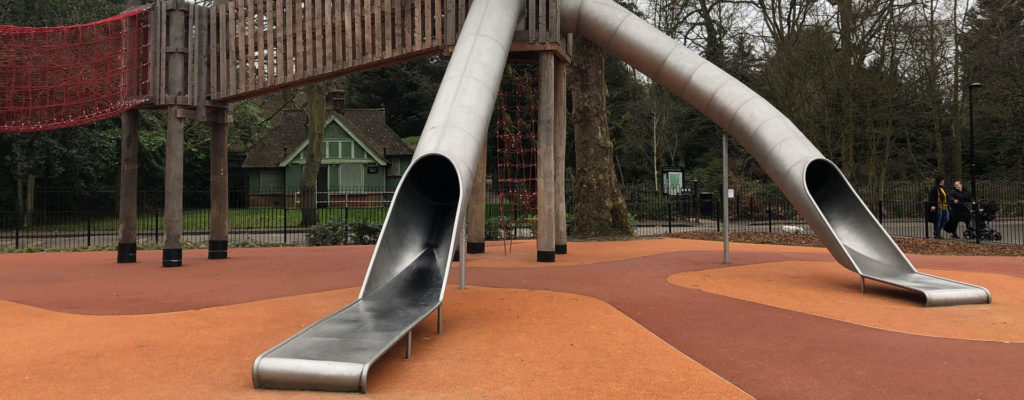
- How Playing Outside Can Reduce Stress and Anxiety
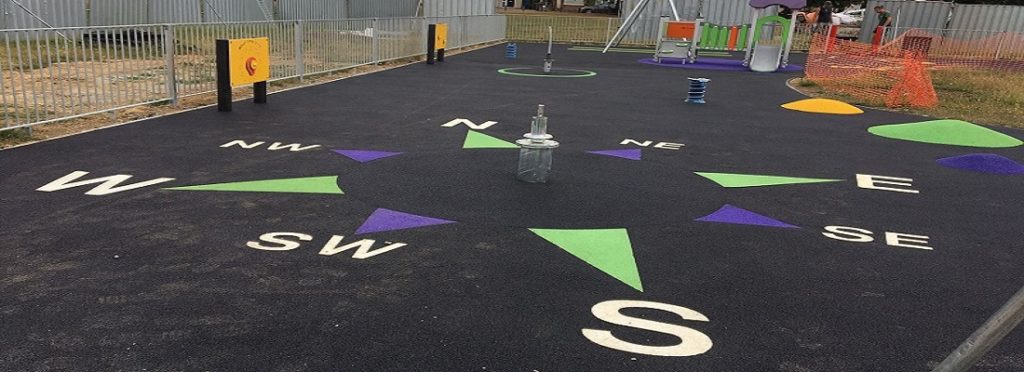
- How to Encourage Phonics Learning on the Playground

- How to Prepare Your Playground for Winter
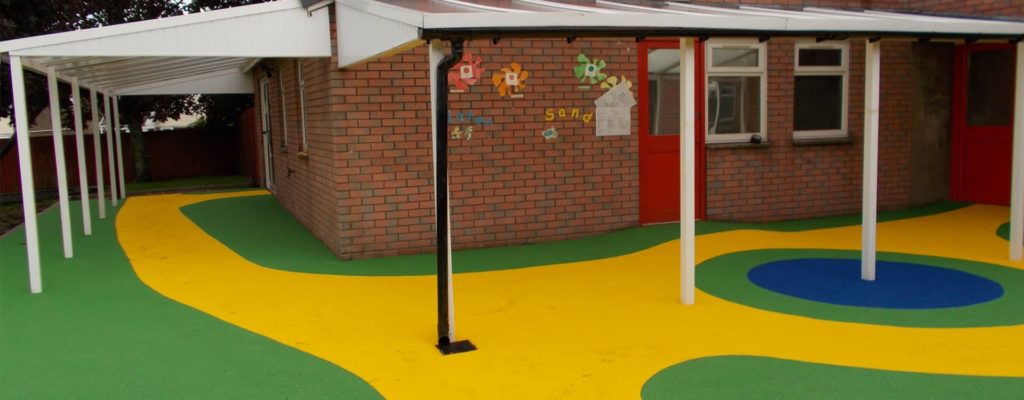
- How to Refresh Your School Playground

- Imaginative Play Ideas for Kids
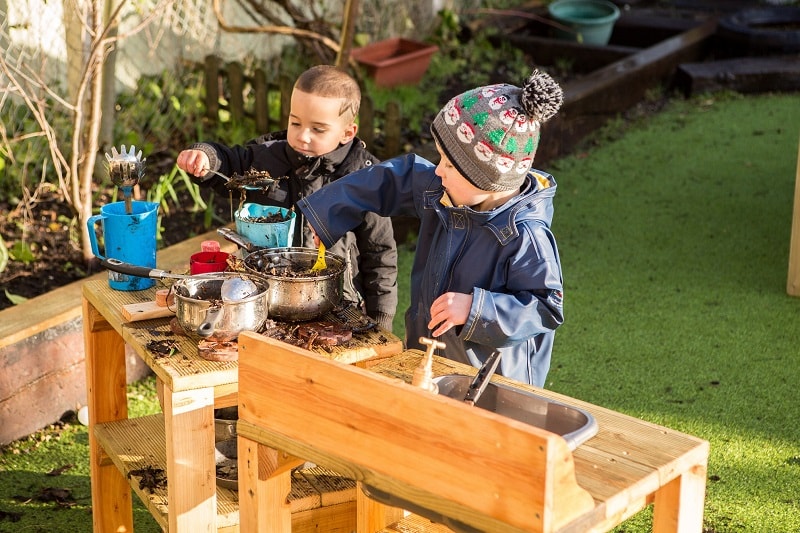
- Impact Attenuating Playground Surfacing
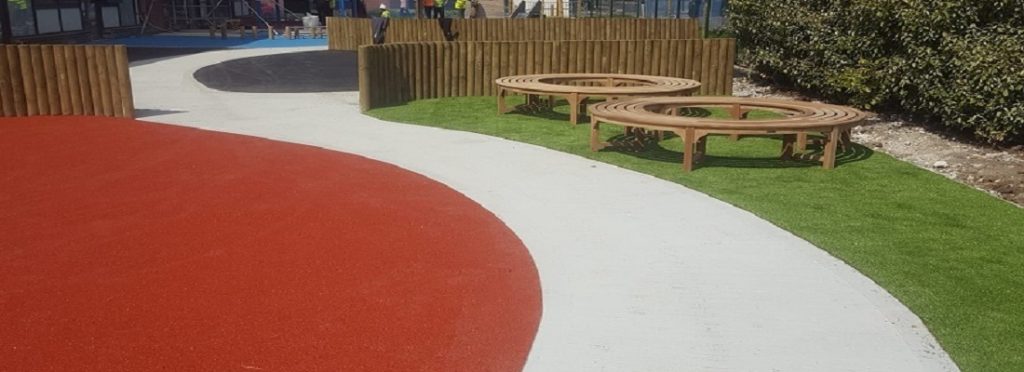
- Improving Children’s Mental Health With Play
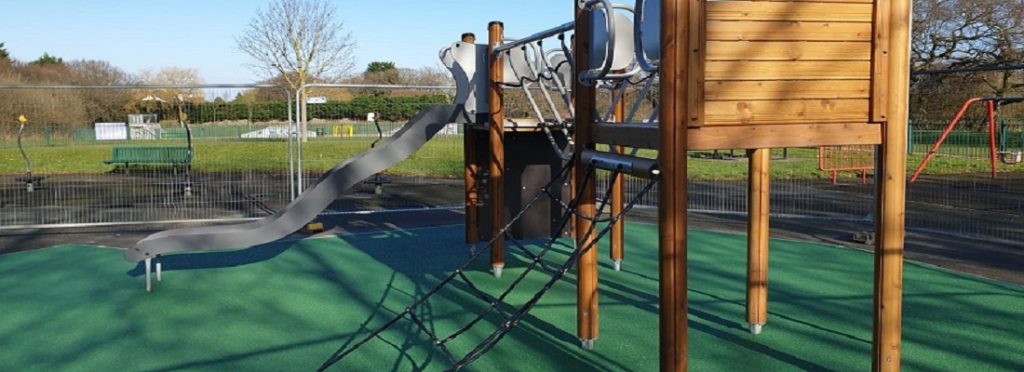
- Inclusive Playground Equipment for Schools
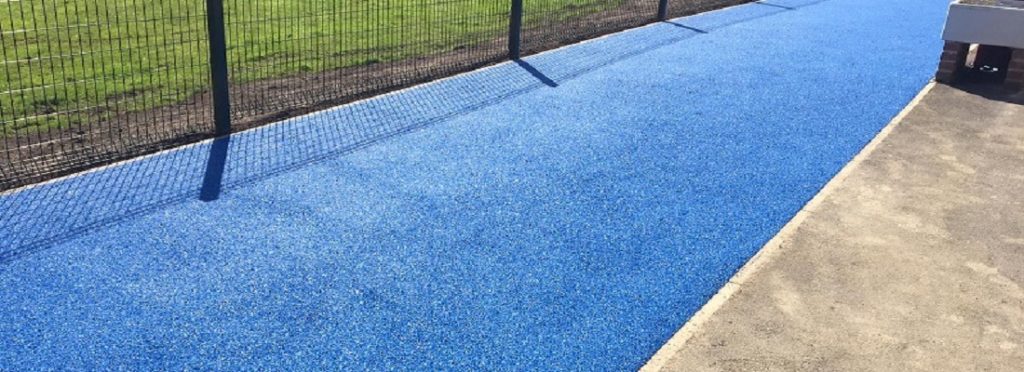
- Independent Learning Activities for Kids
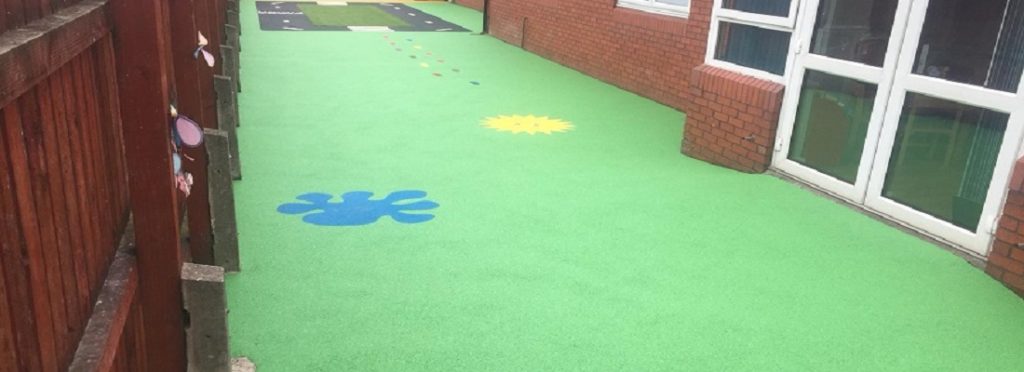
- Lap, Leap, Neap Play Area

- Large Wetpour Play Area Surface in Stockport
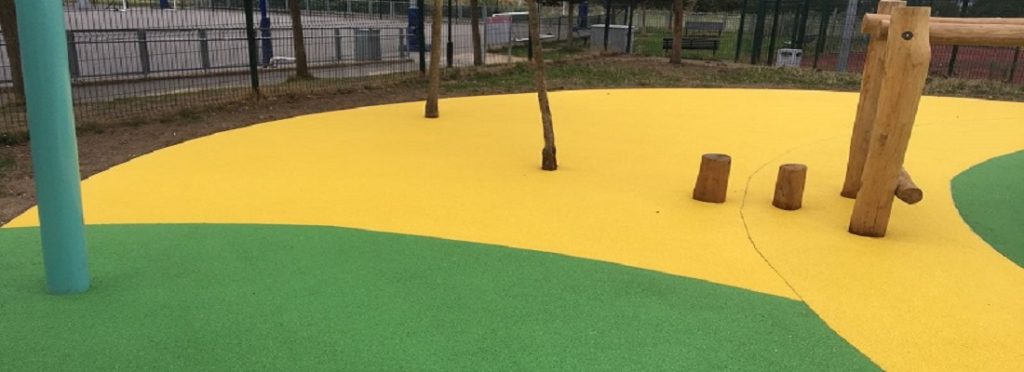
- LEAP Local Equipped Area for Play

- Learning Through Play – Psychology and Theories

- Managing Behaviour Through Active Outdoor Play

- NEAP Neighbourhood Equipped Area for Play
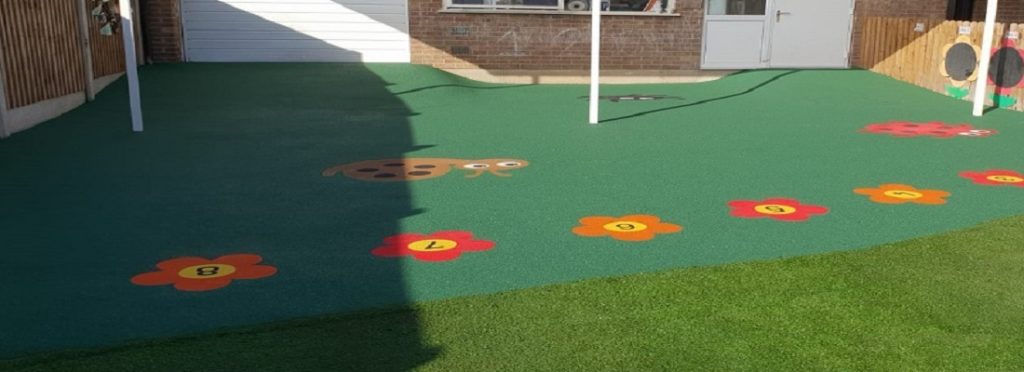
- Needlepunch Playground Construction in Kilmarnock
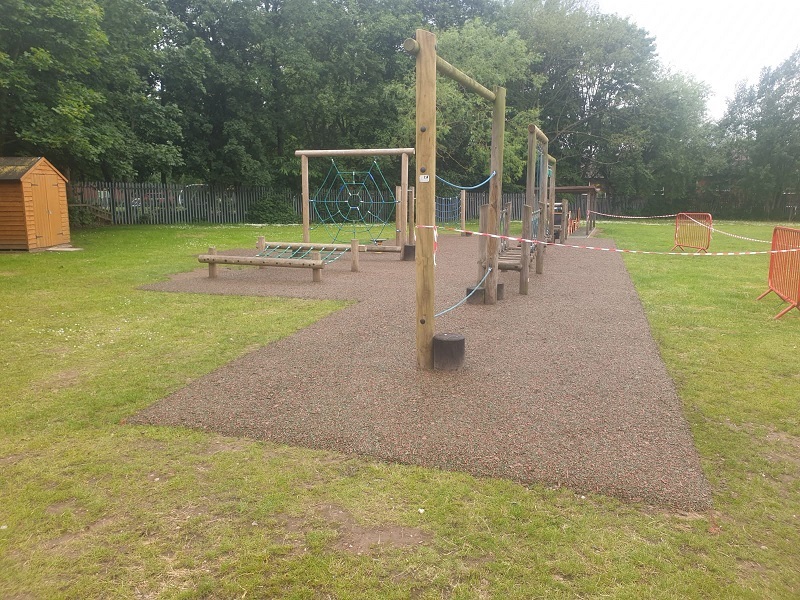
- Nursery EPDM Rubber Surfacing in Wolverhampton

- Nursery Play Area Maintenance

- Nursery Play Area Surfacing
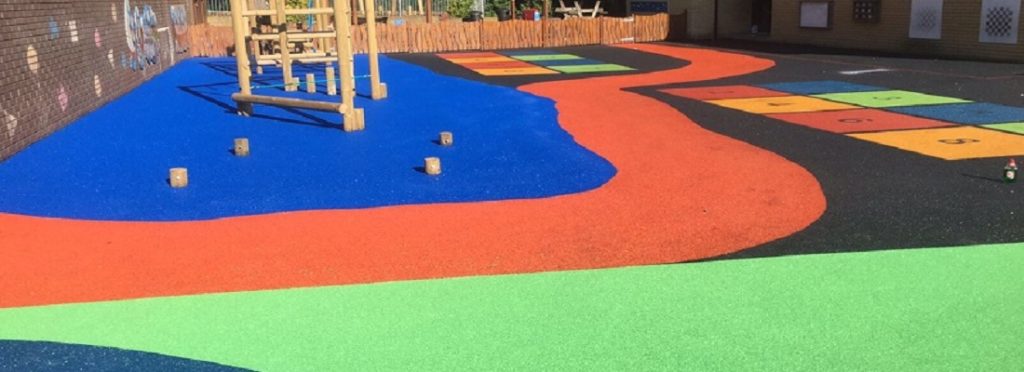
- Nursery Playground Installation

- Nursery School Green Wetpour Overlay in Gloucester
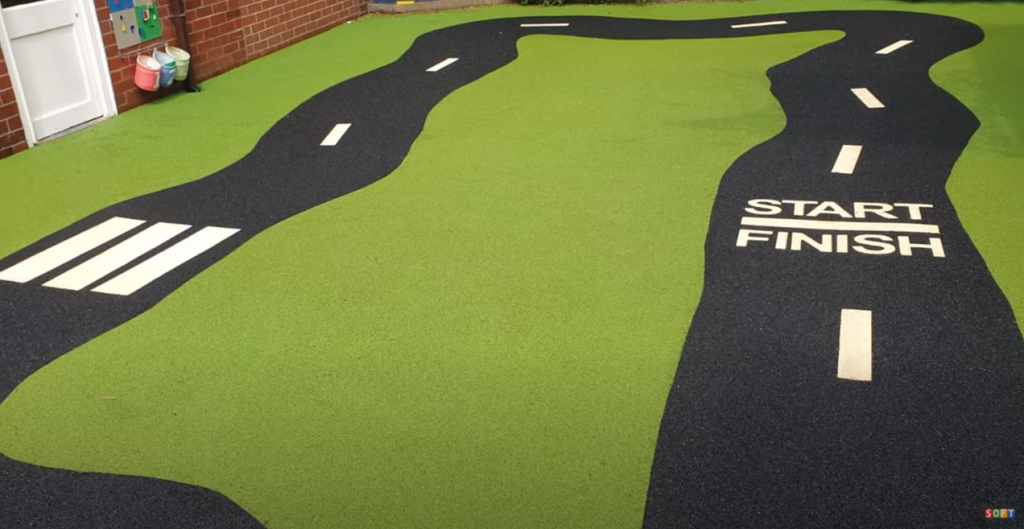
- Ofsted Requirements for Outdoor Play

- Outdoor Maths Games for Children

- Outdoor Nursery School Surfacing in Preston
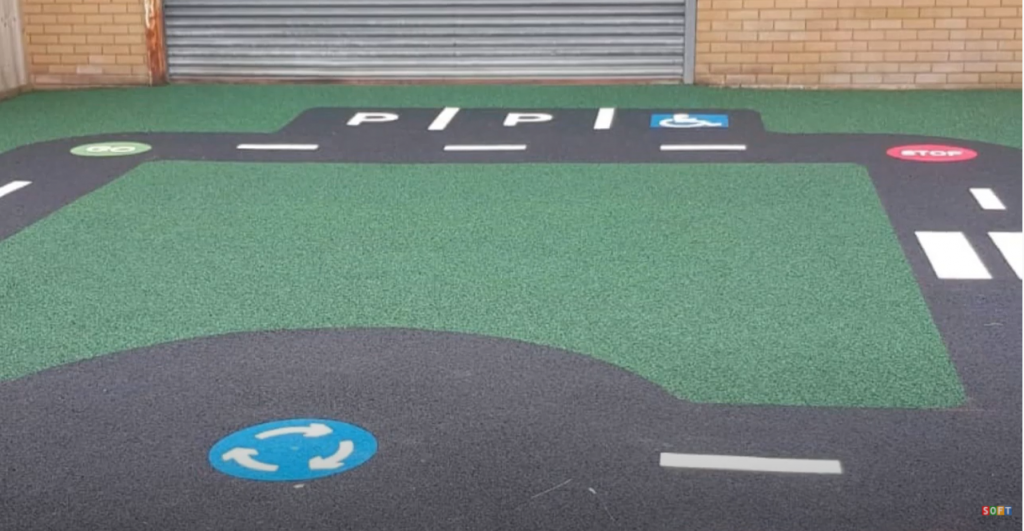
- Outdoor Nursery School Surfacing in Preston Lancashire

- Outdoor Play Area Ideas for Kids

- Outdoor Play Ideas for Children With Dyscalculia
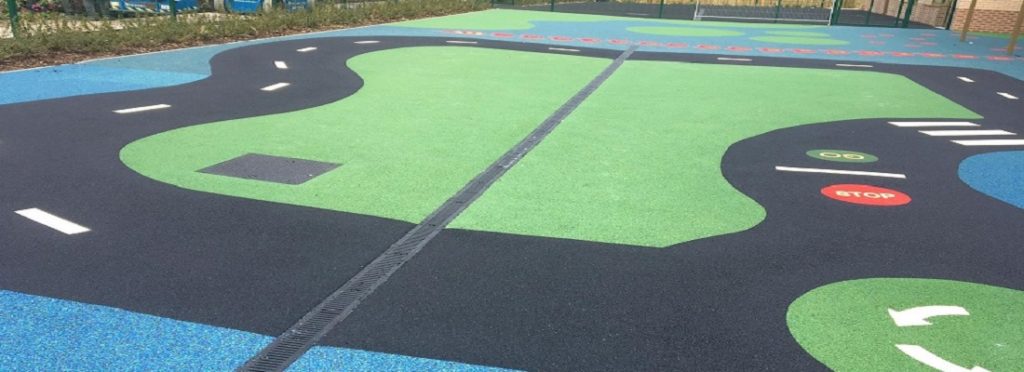
- Outdoor Playground Roadway Design

- Outdoor Safety Flooring Designs
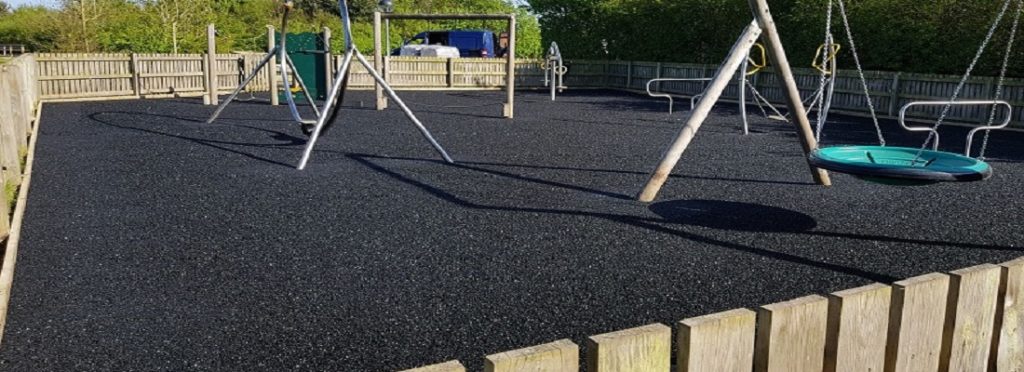
- Outdoor Wetpour Surfacing Install in Leicester
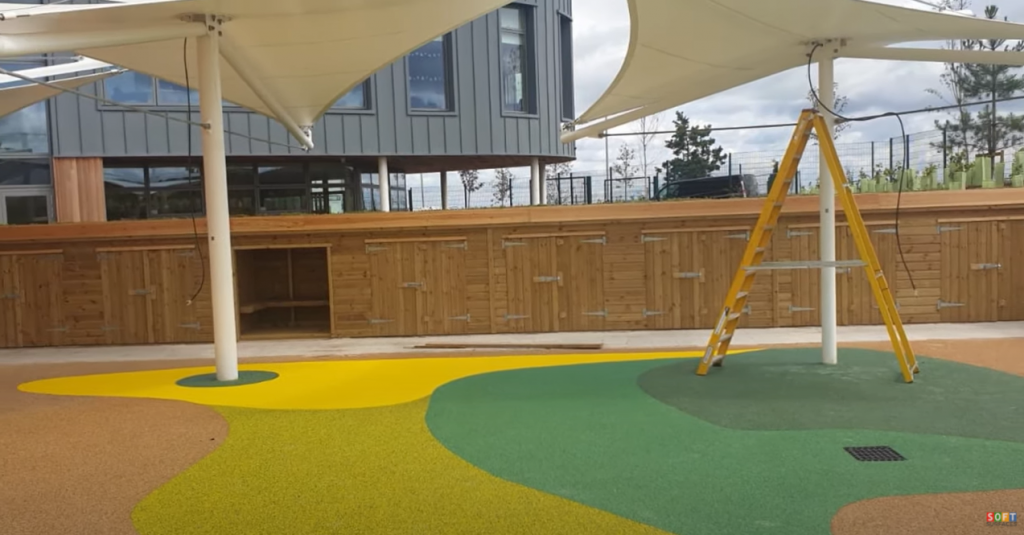
- Play Area Line Marking Specification

- Play Area Maintenance

- Play Area Surfaces
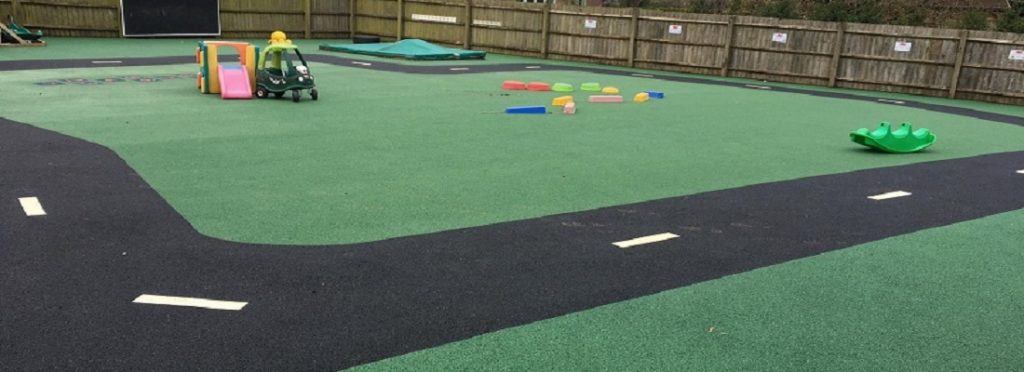
- Playground Activities for the National Curriculum

- Playground Designs for Sensory Processing Disorder

- Playground Equipment for Schools

- Playground Fencing

- Playground Flooring Repair in Birmingham, West Midlands

- Playground Games for Children With Dyspraxia

- Playground Games to Encourage Speech Development
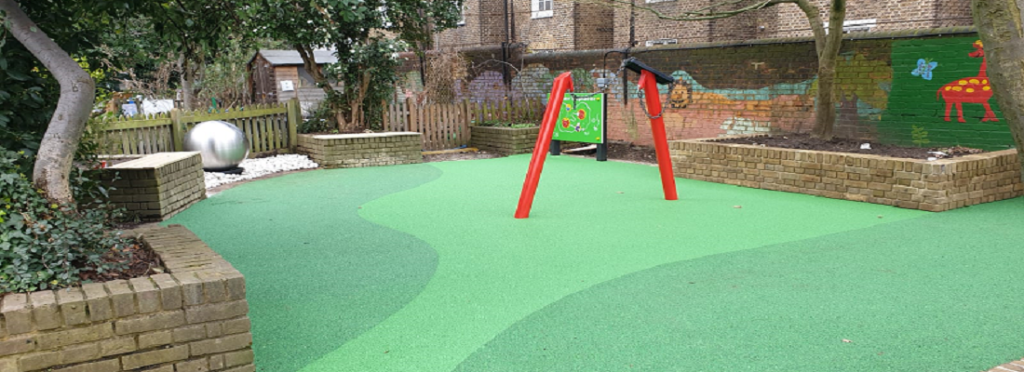
- Playground Grass Mats Safer Flooring
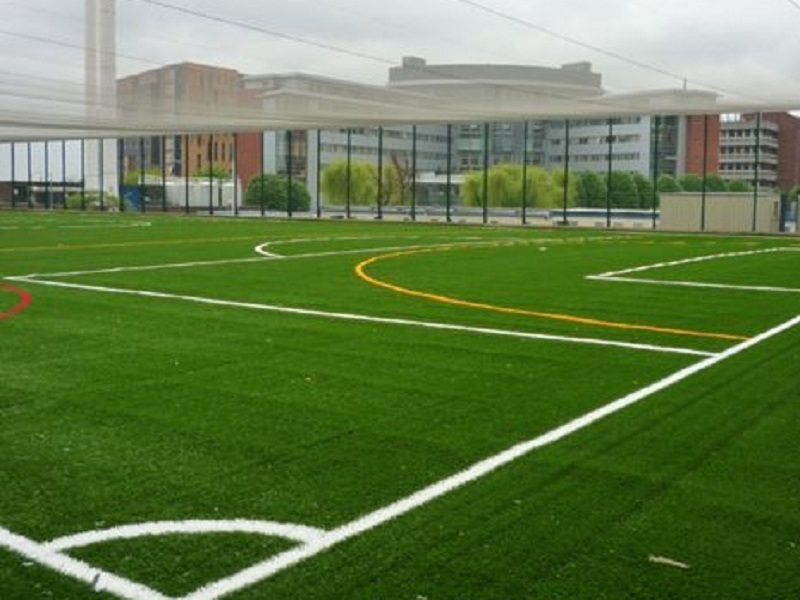
- Playground Marking Graphics

- Playground Markings

- Playground Safety Surface Construction in Reading, Berkshire
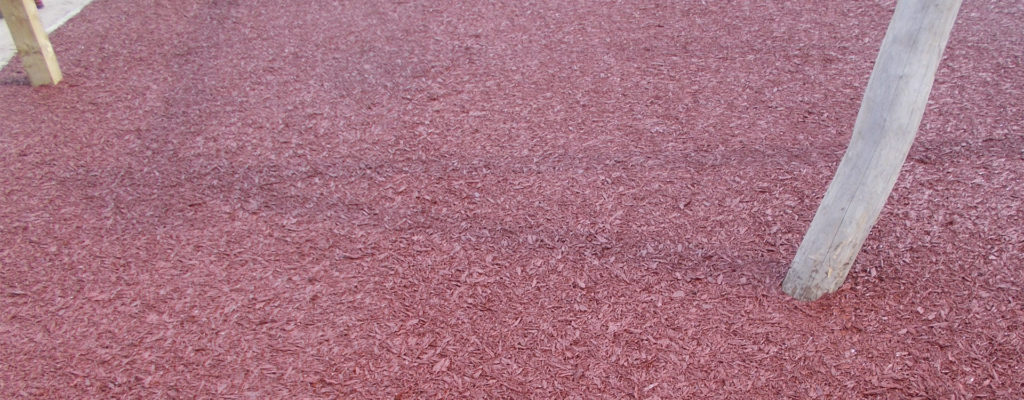
- Playground Safety Surfacing with Graphics in Shropshire
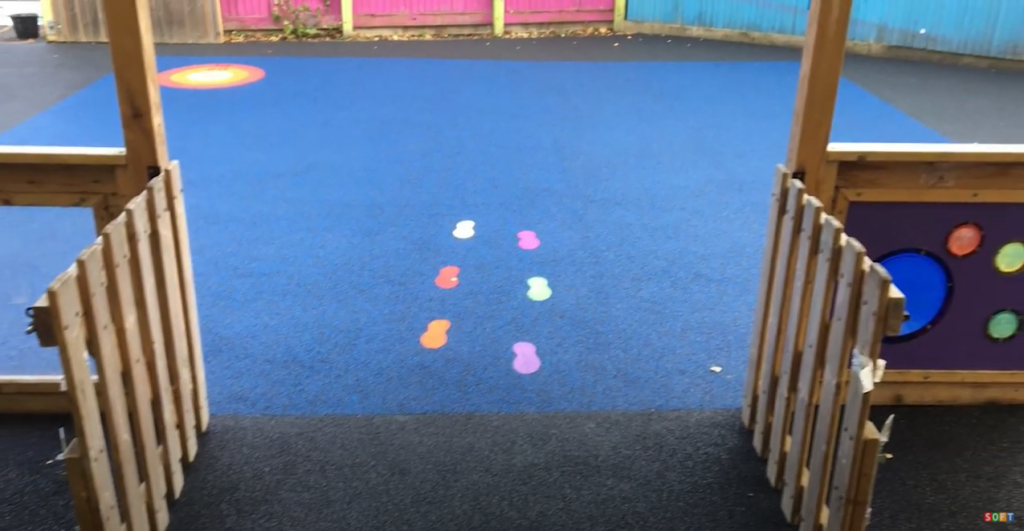
- Playground Surface HIC Safety Flooring
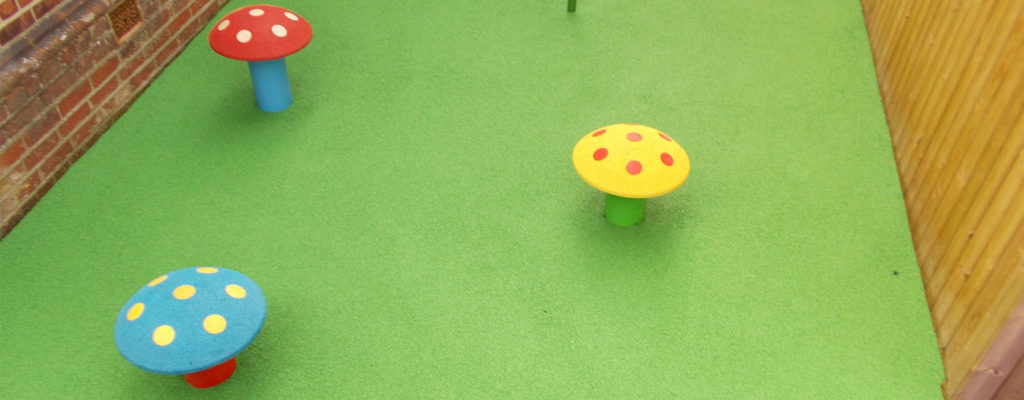
- Playground Surfacing in Hertfordshire

- Playground Surfacing Options

- Playground Wet Pour Flooring in Northamptonshire
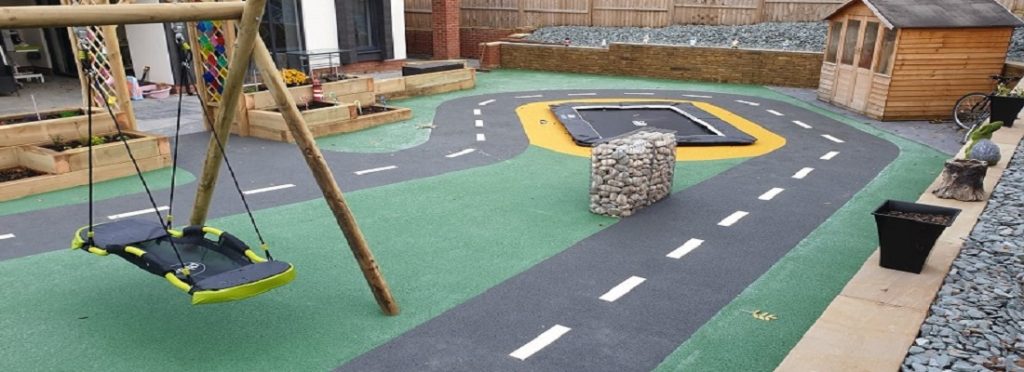
- Playground Wet Pour Flooring in Northumberland

- Playground Wet Pour Flooring in Nottinghamshire

- Playground Wet Pour Flooring in Oxfordshire

- Playground Wet Pour Flooring in Somerset

- Poured in Place Rubber Bouncy Playground Surfaces

- Pre School Play Area Surfacing in Wigan, Greater Manchester

- Pre-School Play Area Surfacing in Wigan
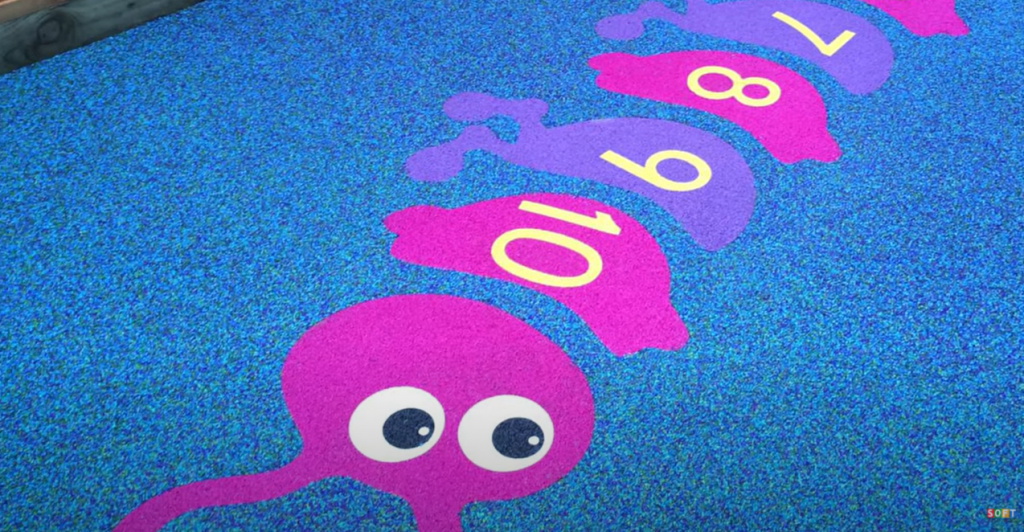
- Primary School Outdoor Classroom Funding Grants

- Protective Playground Flooring

- PS4 Activity Games Space Area in Penrith
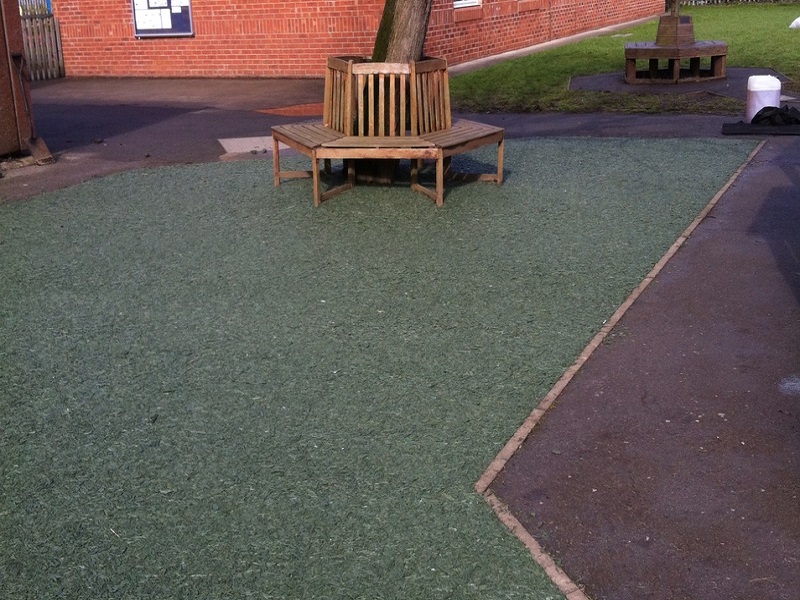
- Q26 – Wetpour Playground Safety Surfacing
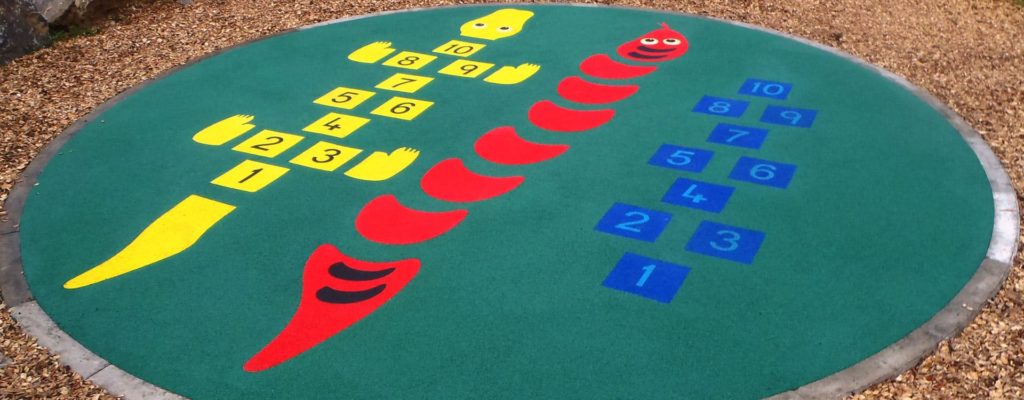
- Rubber Outdoor External Playground Flooring

- Rubber Playground and Artificial Grass Surfacing in Middlesbrough
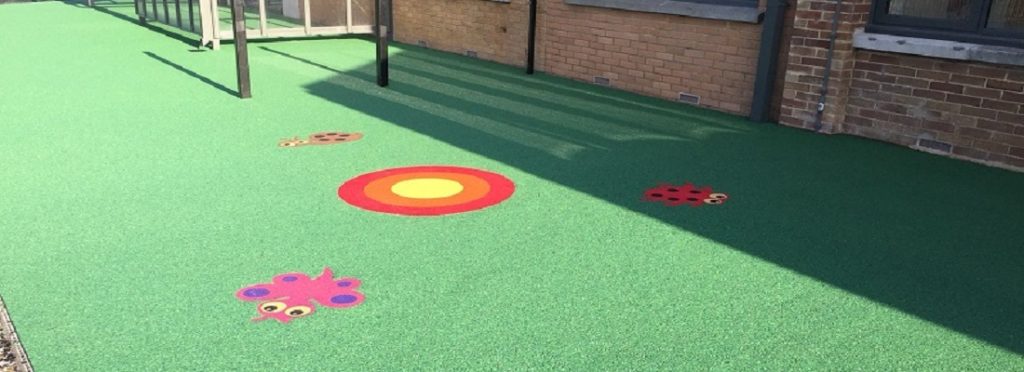
- Rubber Playground Surface Construction

- Rubber Spheres Play Equipment

- Rubber Tarmac Flooring

- Rubber Tarmac School Outdoor Playground Flooring
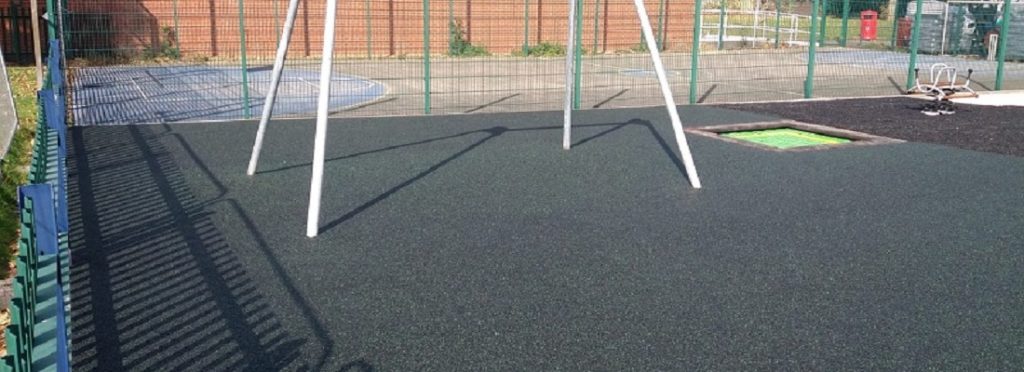
- Safety Surfaces For Playgrounds

- Sand and Water Play Activities for Kids
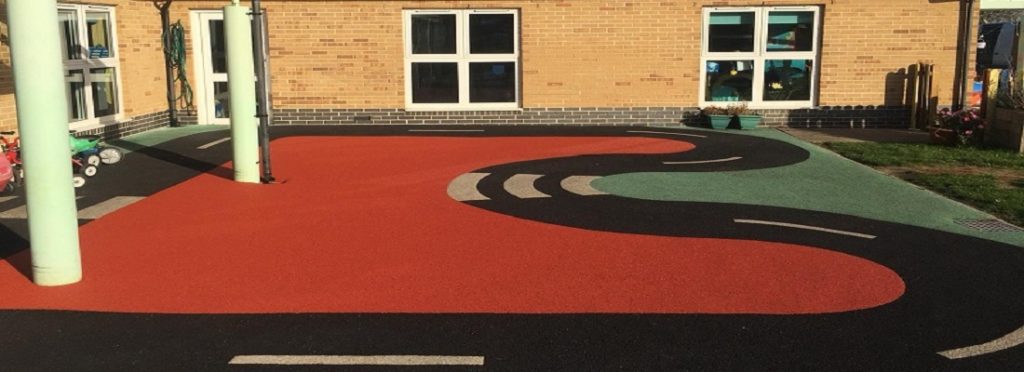
- School Adventure Trail Designs

- School All Weather MUGA Pitches
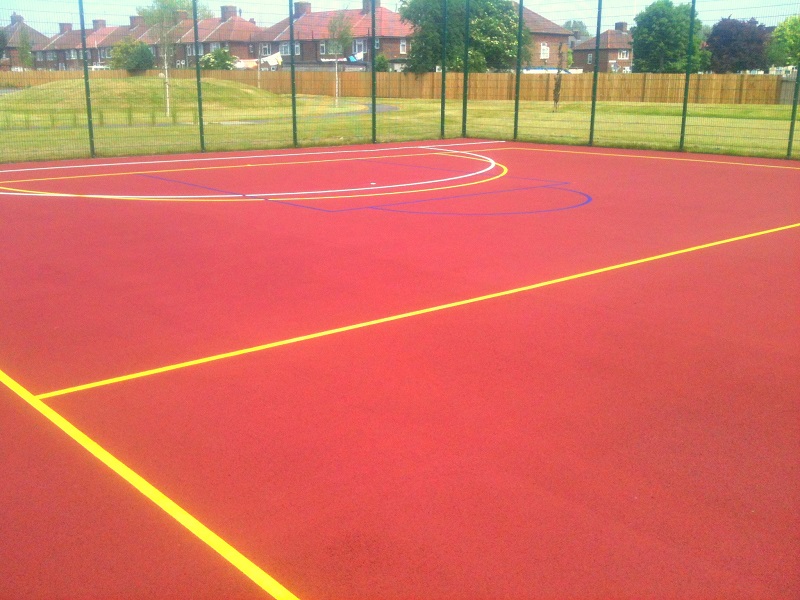
- School Athletics Track Designs

- School Playground Design and Install in Manchester

- School Playground Graphics

- School Playground Groundworks

- School Playground Ideas

- School Playground Maintenance

- School Playground Marking Designs

- School Playground Surfacing

- Schools Recreational Long Jump Runway Length
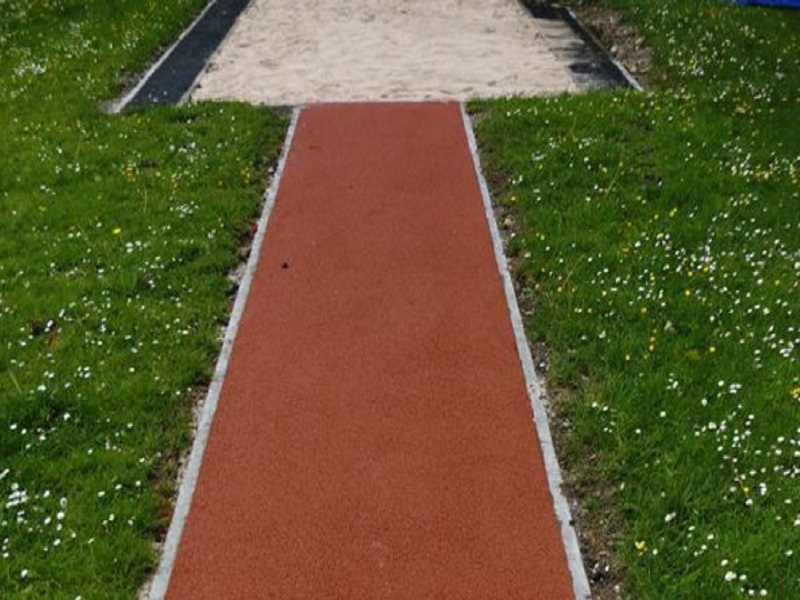
- SEN Playground Equipment for Schools

- Small nursery EPDM Rubber Surfacing in Wolverhampton
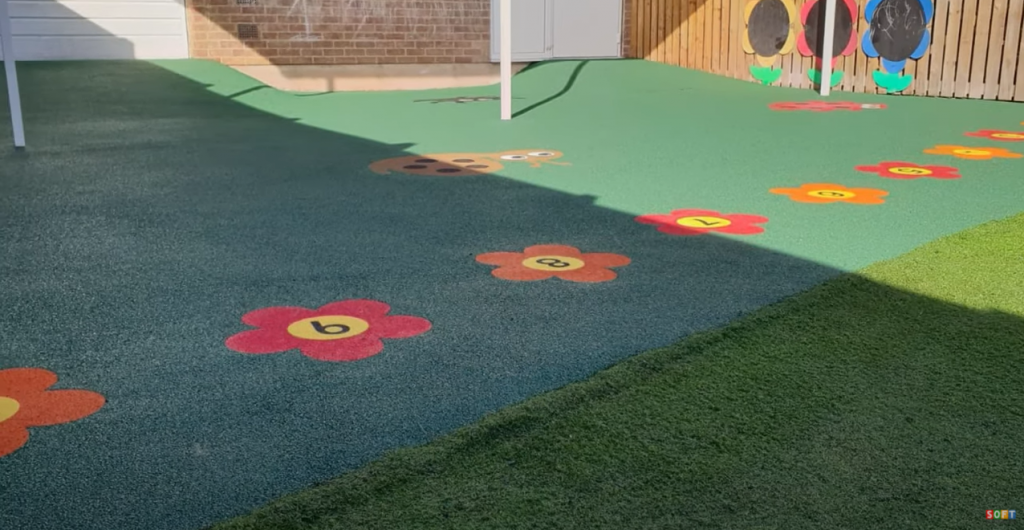
- Soft Fall Impact Absorbing Playground Surface

- Spongy Nursery School Surfacing in Carlisle
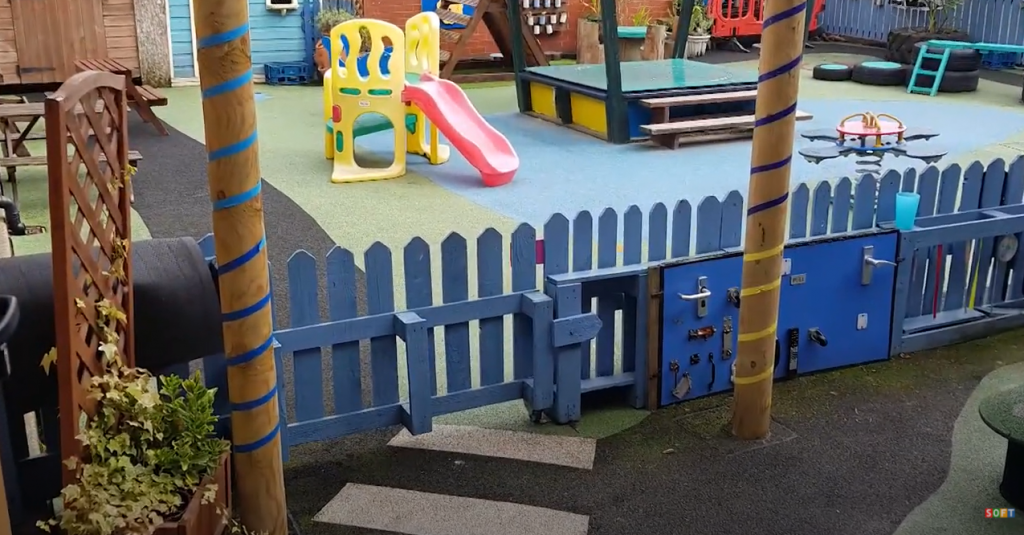
- Spongy Playground Flooring Construction in Woking, Surrey
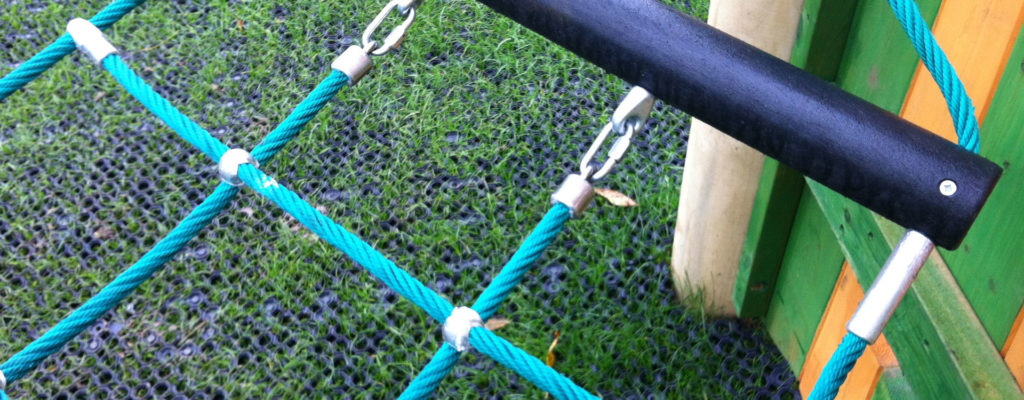
- Spongy playground flooring construction that we carried out in Woking, Surrey
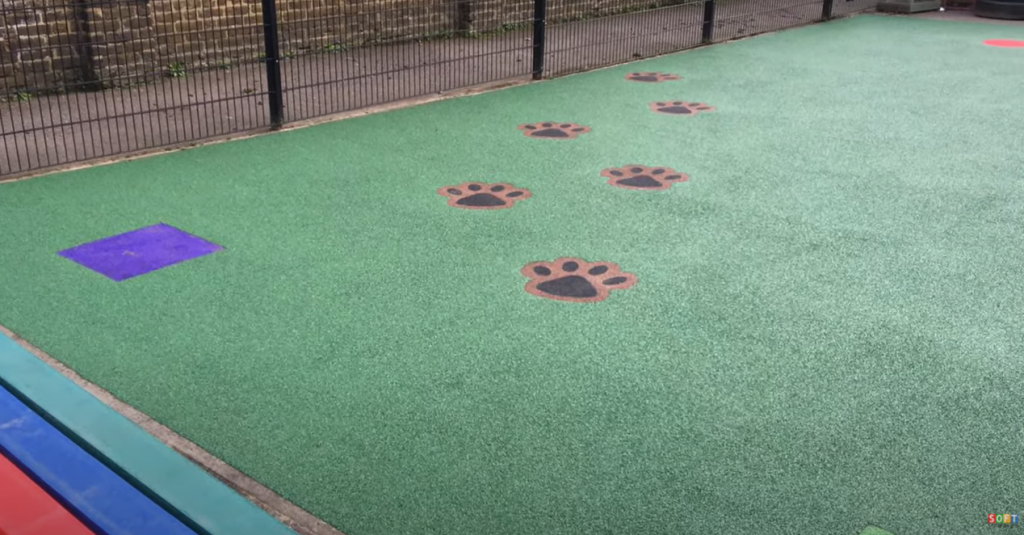
- Spongy Safer Pour Surfacing for Playgrounds

- Tests for Playground Safety Flooring

- Top 3 Safety Surfaces for Playgrounds

- Top 5 School Playground Trends

- Wet Pour Surfacing and Synthetic Turf Construction in Worthing, Sussex
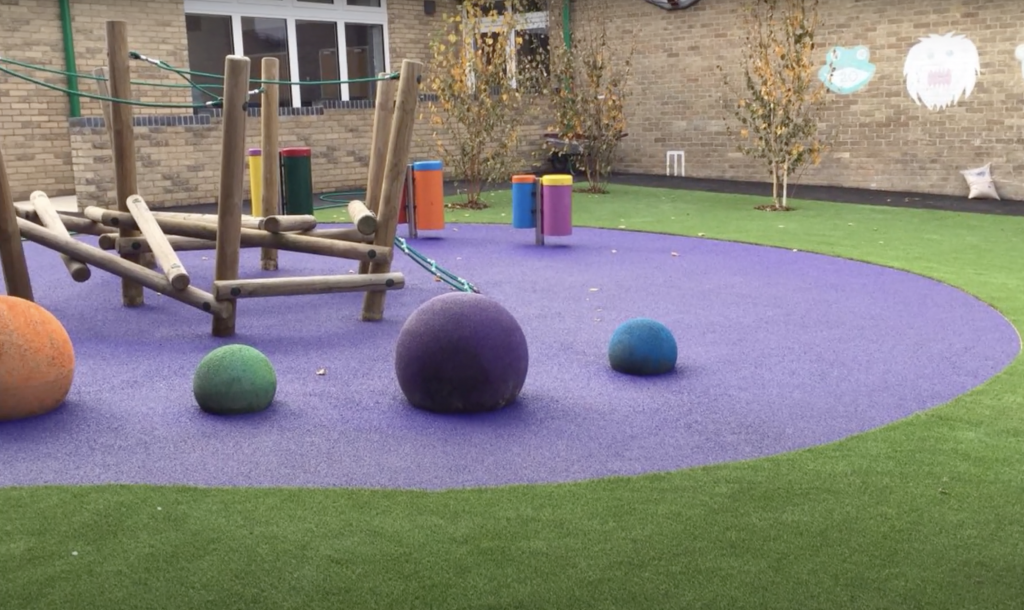
- Wetpour Flooring & Graphics Installation in Bristol
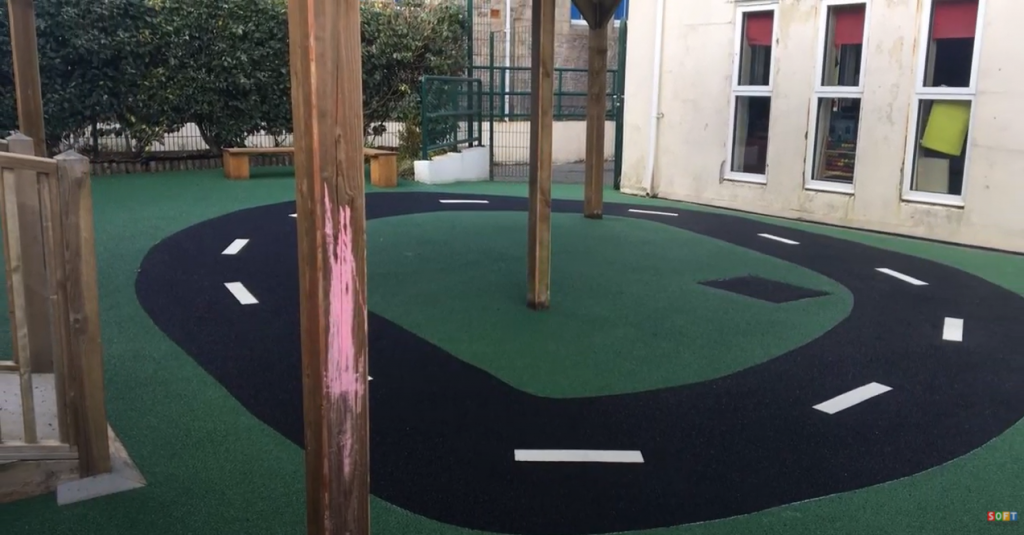
- Wetpour Playground with Graphics in Salford, Greater Manchester
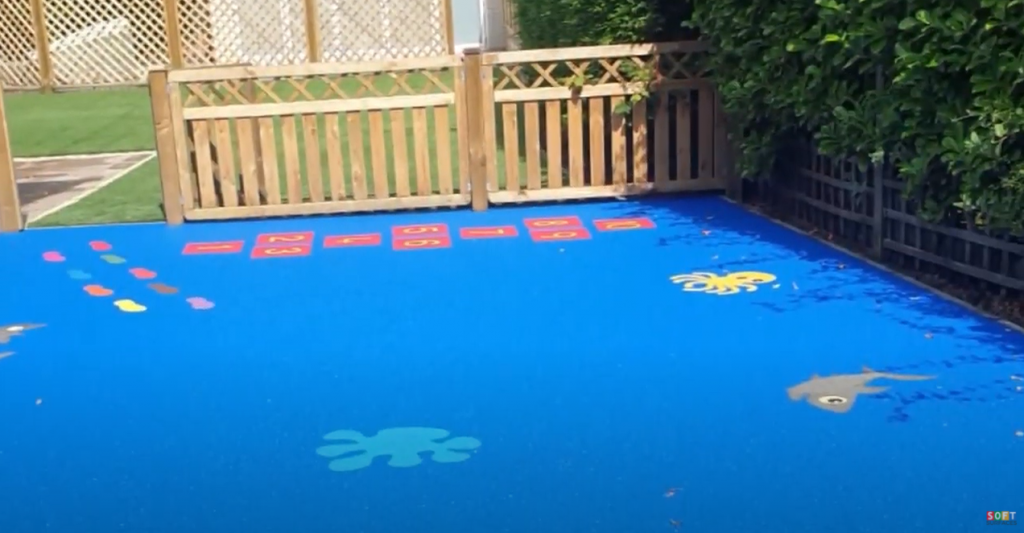
- Wetpour Safety Flooring with Graphics at a Nursery in Cheltenham, Gloucestershire
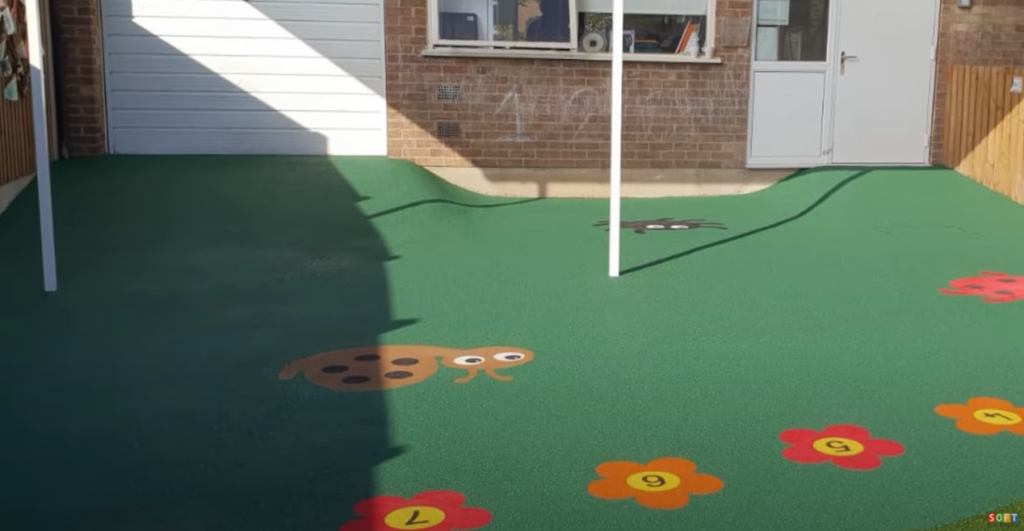
- What Is Critical Fall Height?

Feel free to contact our team for more details on outdoor play ideas for children with Dyscalculia.
Get expert advice, today call us on
Get a FREE quote from our award winning team